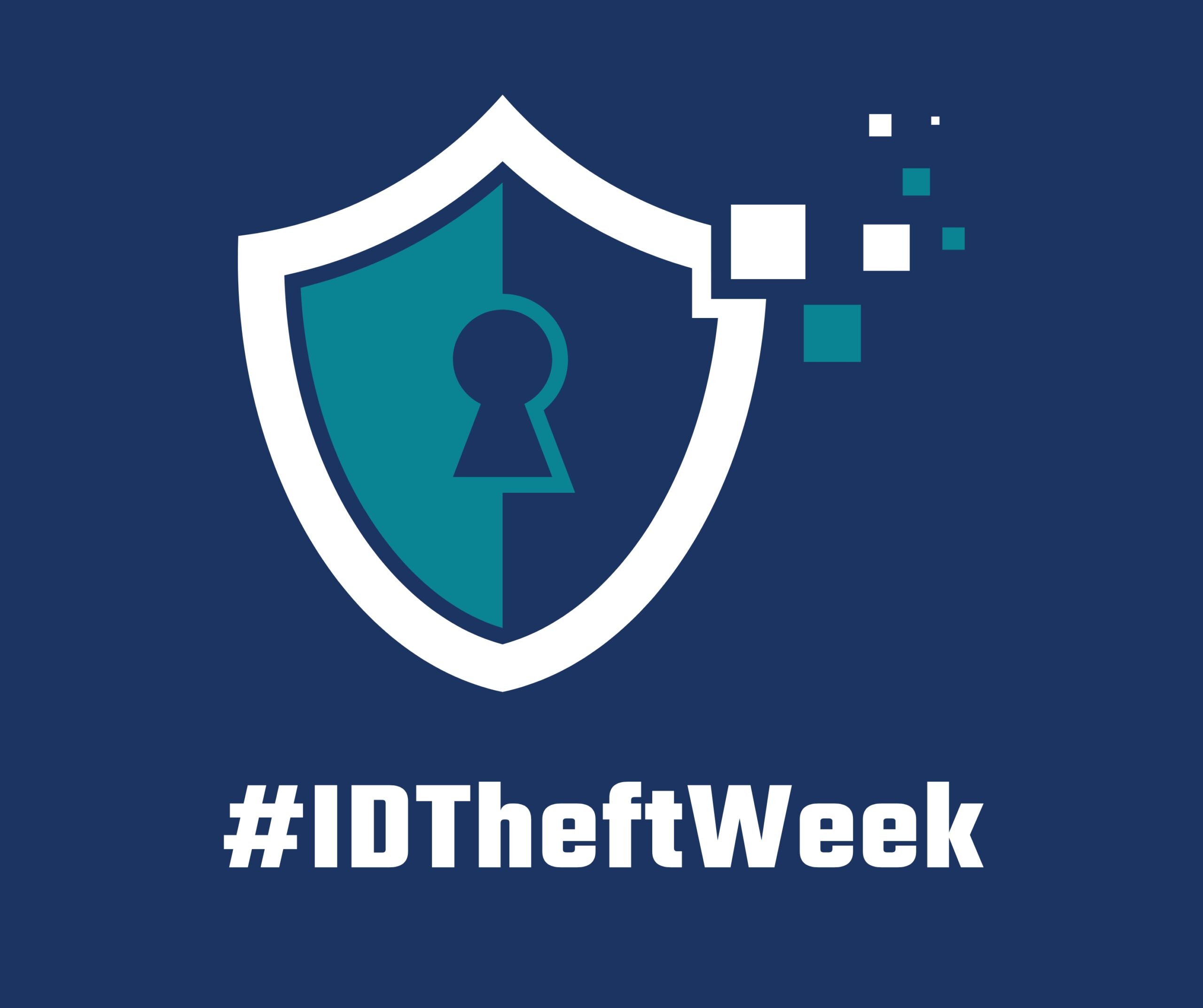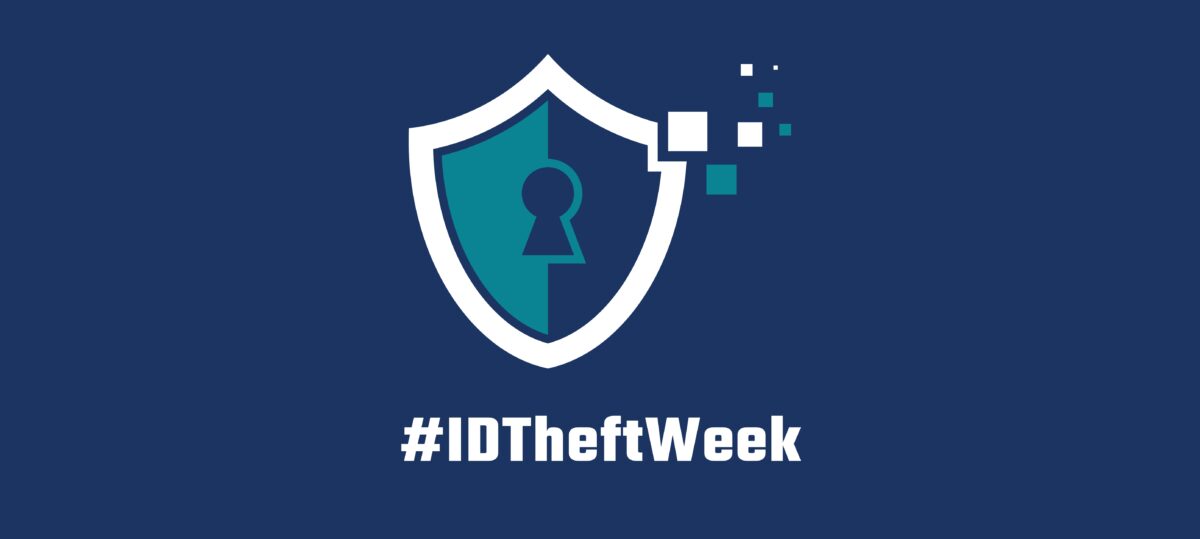Monday, January 29, 2024

Identity Theft Awareness Week
You’ve probably heard about identity theft, but have you heard about Identity Theft Awareness Week? The FTC and its partners have compiled a list of tips to help you recognize, avoid, and recover from identity theft.
Identity theft can take many forms. It could be someone opening a credit card or utility account in your name, or someone using your information to get a loan or a job or medical care. And it can happen to anyone. If you’re active in your community, please help others learn about identity theft. Now is the perfect time to learn how to safeguard yourself by reviewing the information below.
What Is Identity Theft?
Identity theft is when someone uses your personal or financial information without your permission. They might steal your name and address, credit card, or bank account numbers, Social Security number, or medical insurance account numbers. And they could use them to:
- Buy things with your credit cards
- Get new credit cards in your name
- Open a phone, electricity, or gas account in your name
- Steal your tax refund
- Use your health insurance to get medical care
- Pretend to be you if they are arrested
How To Protect Yourself Against Identity Theft
Taking steps to protect your personal information can help you avoid identity theft. Here’s what you can do to stay ahead of identity thieves.
Protect documents that have personal information
When should I shred it?Keep your financial records, Social Security and Medicare cards, and any other documents that have personal information in a safe place. When you decide to get rid of those documents, shred them before you throw them away. If you don’t have a shredder, look for a local shred day, or use a marker to block out account numbers. If you get statements with personal information in the mail, take your mail out of the mailbox as soon as you can.
Ask questions before giving out your Social Security number
Some organizations need your Social Security number to identify you. Those organizations include the IRS, your bank, and your employer. Organizations like these that do need your Social Security number won’t call, email, or text you to ask for it. Other organizations that might ask you for your Social Security number might not really need it. Those organizations include a medical provider, a company, or your child’s school. Ask these questions before you give them your Social Security number:
- Why do you need it?
- How will you protect it?
- Can you use a different identifier?
- Can you use just the last four digits of my Social Security number?
Protect your information from scammers online and on your phone
If you’re logging in to an online account, use a strong password.
Add multi-factor authentication for accounts that offer it. Multi-factor authentication offers extra security by requiring two or more credentials to log in to your account. The additional credentials you need to log in to your account fall into two categories: something you have — like a passcode you get via text message or an authentication app, or something you are — like a scan of your fingerprint, your retina, or your face. Multi-factor authentication makes it harder for scammers to log in to your accounts if they do get your username and password.
Do not give your personal information to someone who calls, emails, or texts you. It could be a scammer trying to steal your information.
Where Can I Learn More?
You can find guidance materials and additional information by visiting the FTC website at http://ftc.gov/IDTheftWeek
*This article was published in January 2024 by the Federal Trade Commission

